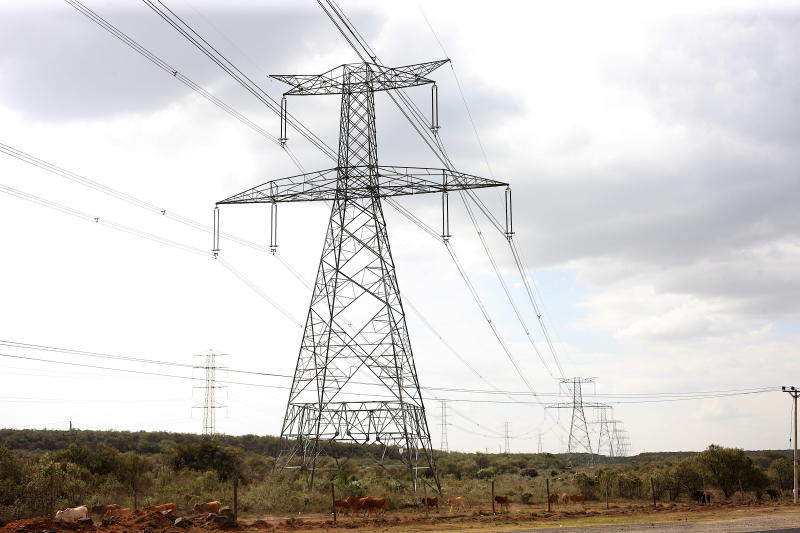×
The Standard e-Paper
Home To Bold Columnists

High Voltage Power Line in Gilgil. [Wilberforce Okwiri, Standard]
Three senior Kenya Power officials were yesterday charged with sabotage and negligence of duty after the State dropped similar charges against six of their colleagues.